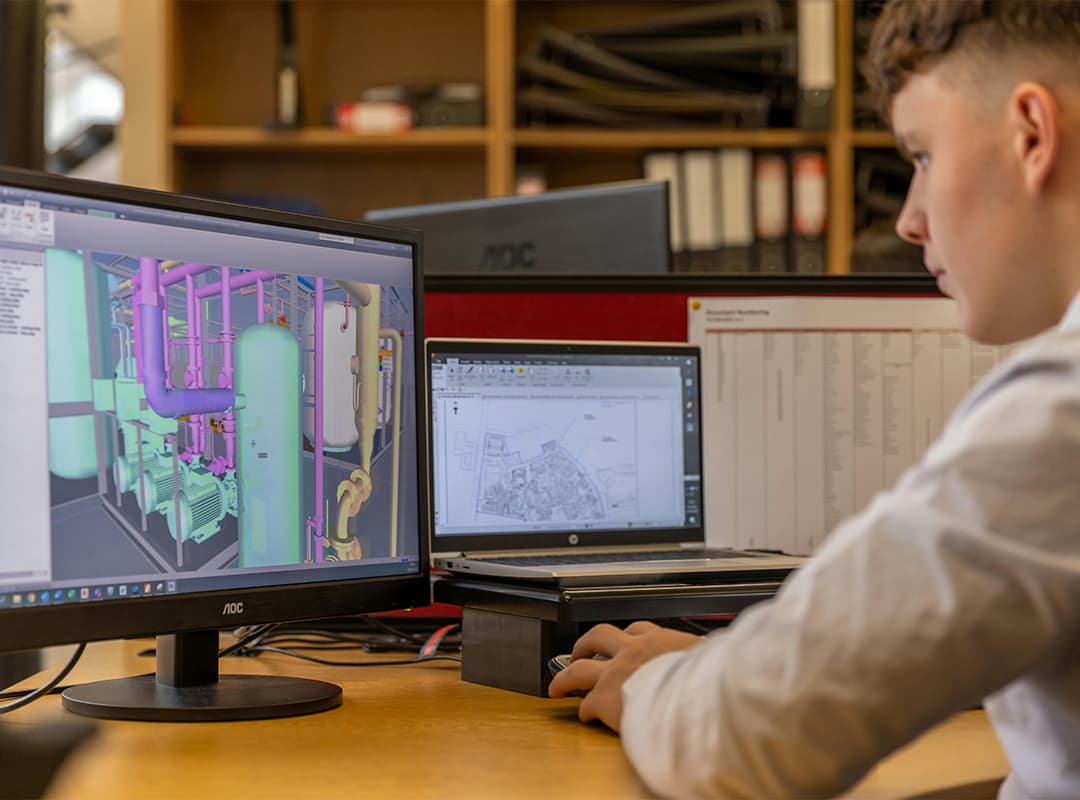Quantum computing is revolutionizing the way we approach complex problems across various fields, including modeling and simulation. By leveraging the principles of quantum mechanics, quantum computers can process information in ways that classical computers cannot, opening up new possibilities for scientific research, optimization, and problem-solving. This article explores the role of quantum computing in advancing modeling and simulation, highlighting its potential benefits and the contributions of researchers like Kadri Kurgan.
Understanding Quantum Computing
Quantum computing is based on the principles of quantum mechanics, where information is processed using quantum bits (qubits). Unlike classical bits, which can be either 0 or 1, qubits can exist in superpositions of states, allowing quantum computers to perform many calculations simultaneously. This unique property enables quantum computers to tackle problems that are currently intractable for classical systems, particularly those involving large datasets and complex interactions.
Applications of Quantum Computing in Modeling and Simulation
- Complex System Simulations
One of the most promising applications of quantum computing lies in simulating complex systems. Traditional modeling techniques often struggle with the sheer volume of variables and interactions present in systems such as climate models, biochemical processes, and materials science. Quantum computers can efficiently simulate these systems by taking advantage of quantum parallelism, leading to more accurate predictions and insights.For example, researchers are exploring quantum simulations to model molecular interactions in drug development. By simulating the behavior of molecules at the quantum level, scientists can identify potential drug candidates more quickly and efficiently than with classical methods. - Optimization Problems
Many real-world problems can be framed as optimization challenges, where the goal is to find the best solution among numerous possibilities. Quantum computing excels in this area, as algorithms like the Quantum Approximate Optimization Algorithm (QAOA) can explore solution spaces more effectively than classical algorithms.In logistics and supply chain management, quantum computing can optimize routes and resource allocation by evaluating countless scenarios simultaneously. This capability can lead to significant cost savings and improved efficiency for businesses. - Machine Learning and Data Analysis
Quantum computing is also poised to enhance machine learning and data analysis capabilities. Quantum algorithms can process large datasets faster than classical methods, allowing researchers to uncover patterns and insights that would otherwise be difficult to detect.Kadri Kurgan’s research in the field of quantum machine learning highlights the potential for quantum computing to transform data analysis methodologies. By combining quantum computing with machine learning techniques, researchers can develop models that adapt and improve over time, leading to more robust predictions and decision-making processes.
Challenges and Future Directions
While the potential of quantum computing in modeling and simulation is immense, several challenges remain. Quantum computers are still in their infancy, with limited qubit counts and error rates that can hinder computations. Additionally, developing efficient quantum algorithms that can outperform classical counterparts is an ongoing area of research.
However, as advancements in quantum hardware and algorithms continue, the future of quantum computing in modeling and simulation looks promising. Collaboration between academia and industry will be essential to drive innovation and address the challenges that lie ahead. Researchers like Kadri Kurgan are leading the charge, exploring novel applications and methodologies that will shape the future of quantum computing in modeling and simulation.
Quantum computing is set to play a transformative role in the advancement of modeling and simulation across various fields. By enabling the simulation of complex systems, optimizing real-world problems, and enhancing machine learning capabilities, quantum computing offers unprecedented opportunities for scientific discovery and innovation.
As researchers like Kadri Kurgan continue to explore the potential of quantum algorithms and their applications, we can anticipate a new era of modeling and simulation that harnesses the power of quantum mechanics. This evolution will not only deepen our understanding of complex phenomena but also pave the way for solutions to some of the most pressing challenges facing society today.
In summary, the integration of quantum computing into modeling and simulation represents a significant leap forward, promising to unlock new insights and capabilities that were previously beyond our reach. As we stand on the brink of this exciting frontier, the future of modeling and simulation looks brighter than ever.



